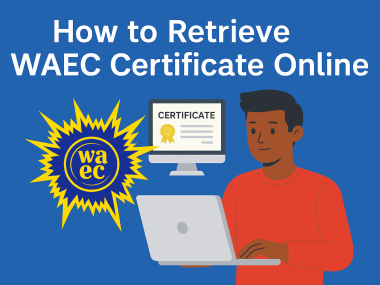There can be a lot of challenges involved in expressing your feelings along with showing up for a loved one or friend who struggles with anxiety.

Providing good friendship to someone with anxiety can be achieved in the following ways:
Be compassionate and attentive when listening:
Rather than thinking about what you will say, ask your friend how they are and listen to them with all your heart. Put yourself in the present moment. Give them your acknowledgement. Say something noncommittal, like “you’ll get through this” or “you’re fine.” Instead, thank them for taking the time to tell you about themselves.
Fixing them is not a good idea:
Neither you nor I are broken. The fact that you need to field more well-meaning suggestions may feel like an extra burden and perhaps as if you are seen as a problem by your friend who has probably already done a lot of research and experimentation to understand their anxiety.
It takes a lot of courage and strength for your friend to survive the debilitating effects of anxiety. If they have done something particularly difficult, celebrate their personal victories.
:max_bytes(150000):strip_icc()/talk-people-social-anxiety-disorder-3024390-FINAL-2d01c60be6c94c3e82b7907c4b2fb6a0.png)
It’s okay to feel anxious:
You shouldn’t try to convince your friend they should stop feeling anxious, but allow them to be anxious with you, and let them know that you understand anxiety isn’t something they choose, and that you won’t try to convince them otherwise.
Find out what your friend needs:
Anxiety is managed differently by different people. Depending on your friend’s situation, meditation and breathing exercises may help you – but not your friend. There are some people who suffer from anxiety who need to get active, such as running or doing aerobics. You can help your friend if you ask them what works for them.

Make sure they are entertained:
With anxiety on top, getting the right support can be overwhelming. It may be helpful for your friend to consider various movement classes, therapies, doctors, or meditation practices. Engage them in a project! Having company makes it less intimidating.
Everyone experiences anxiety differently:
As a result of anxiety, you may feel tired and sleepless. Symptoms include restlessness, agitation, and difficulty concentrating. For some people, it causes irritability, while for others, it causes irrational fears. Fearful chest pains and uncomfortable muscle tension can also be symptoms of anxiety. There are many symptoms of anxiety, many of which are misunderstood. Feel free to ask your friend about their experience and let them know you care.

Stay in touch regularly:
You can check in with your friend if they seem anxious, by saying, “Are you feeling anxious right now?”” When asking, you let them know there’s no need to avoid their anxiety, and you aren’t burdening them. Would there be anything we could do to help? Sometimes your friend may not know what to do in the midst of panic. If they are not sure, you might offer to go somewhere quiet together or take a walk.
Consider your impact when making decisions:
Let them know if you’ll be late. Alternatively, if you don’t have time to respond, offer a brief explanation so your friend doesn’t feel left out.
People can believe that anxiety is a burden by being convinced that it is an inner bully. Assure your anxious friend that you are there for them. The simple expression “I love spending time with you” (not just when they’re calm) can mean so much to them.

Keep your boundaries in check:
Make sure you take time to care for yourself too! Whenever you think that your friend’s anxiety prevents you from doing what you want, they will likely feel guilty about it. Therefore, don’t allow it to happen. You need to take care of your social and emotional needs and let your friend know you can depend on them to do the same. You must let them know when they request more than you are able to give. You’re special to me. My schedule is full right now, but let’s have a virtual coffee date tomorrow at 2 p.m.
